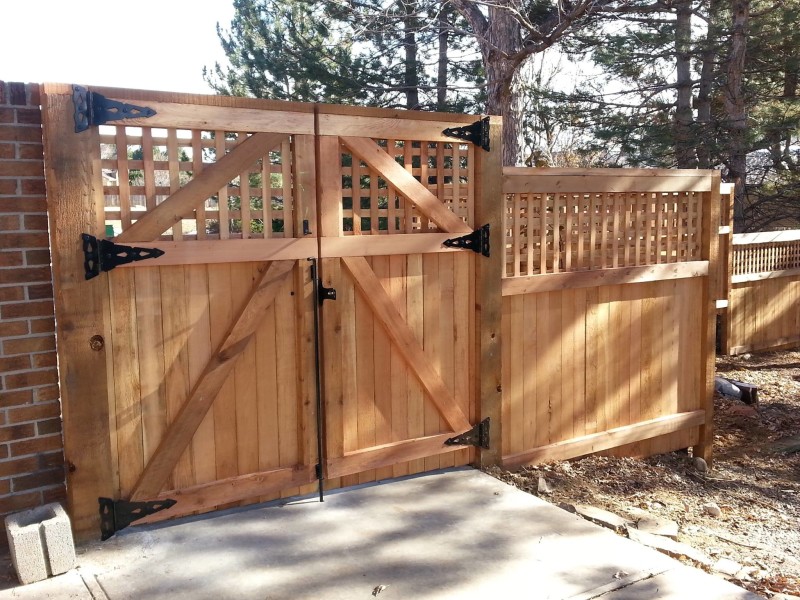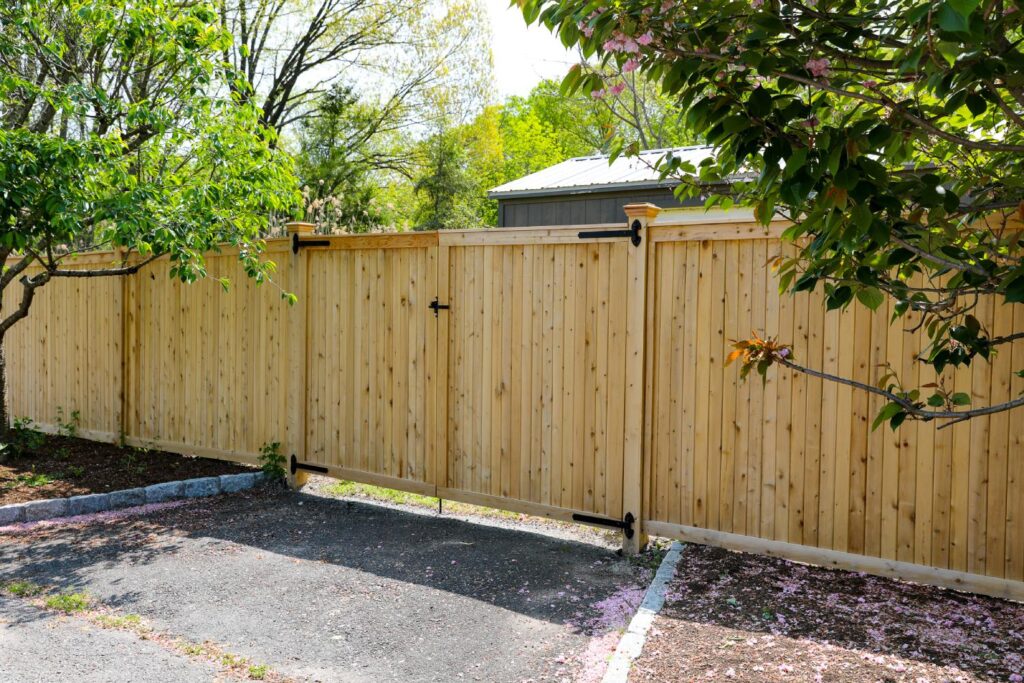All Categories
Featured

When planning to mount a fence around your home, one of the first steps is understanding the allowing demands in your area. Here's what you require to understand regarding acquiring the essential licenses for your fencing installation.
Why Do You Required a License for a Fence? An authorization is commonly required for fencing installations to guarantee compliance with neighborhood building codes, zoning laws, and safety policies. Allowing assists local authorities preserve harmony in community aesthetics, security, and ecological considerations. It likewise makes sure that the fence does not interfere with utility lines or public areas, and that it complies with height and border restrictions.

Typical Authorizations Required for Fence Setup. Building Authorization. Most areas require a structure license for fencing installation, particularly if the fence exceeds a particular height (typically over 6 feet) or is made from non-standard products. This authorization ensures that your fencing complies with local building regulations. In some areas, the structure department will inspect the site to ensure that the fencing satisfies safety and structural criteria.
Zoning Authorization. Zoning authorizations are designed to make certain that your fence follows local zoning legislations, including setbacks from residential property lines, easements, and rights-of-way. Zoning laws differ from city to city, and sometimes, your fencing may require to be held up a particular variety of feet from the sidewalk or roadway. If your fence is in a historic district or other specifically marked locations., a zoning authorization may likewise be necessary.

Fencing Authorization. In some locations, a particular "fence permit" may be needed. Some cities restrict chain-link fences in front lawns or have specific guidelines for privacy fences.
HOA Approval. If your home is part of a house owners organization (HOA), you might need authorization prior to installing a fence. HOA standards often include particular policies about the kind, height, shade, and products for fencings to keep the neighborhood's aesthetics. HOA regulations can be stricter than city codes, so always inspect their standards prior to progressing.
Easement or Energy Licenses. If your fence will certainly be near or throughout an easement (such as an energy easement), you may require to get approval from the energy company or other entities that control the land. This is especially important if you prepare to dig for fence blog posts, as it ensures you won't harm underground utilities like gas, water, or power lines.
Exactly How to Figure Out What Permits Are Required. The very best means to figure out which licenses are needed for your fencing installment is to contact your neighborhood building department or community workplace. They can provide you with certain information concerning requirements in your area. Right here are a few steps you can take to find out:
Inspect the City or County Site: Many city governments provide information regarding fence setup allows online. Seek structure or zoning areas on their site. Call or Visit City Government Workplaces: If the information is not conveniently offered online, calling or going to the regional office in person can clarify what's required. Speak With a Professional Professional: If you're overwhelmed or unsure by the procedure, a neighborhood specialist or fence setup business can aid in navigating the permitting process, as they recognize with neighborhood regulations. What Happens If You Don't Get an Authorization? In lots of locations, you might face penalties, and your fencing might be ordered to be removed. Permitting makes sure that your fencing is compliant and helps avoid future problems.
Final thought. Before mounting a fence around your residential or commercial property, it's important to inspect whether an authorization is needed in your location. Building permits, zoning licenses, HOA approval, and utility consents may all contribute in your fencing setup procedure. Putting in the time to study and acquire the required permits will not only guarantee that you're following neighborhood guidelines, however also aid safeguard your financial investment and preserve the honesty of your residential or commercial property.
Latest Posts
Take Advantage of Exclusive Auto Repair Specials in Chicago at Montclare Auto Repair
Published en
1 min read
Why Consistent Car Maintenance at Montclare Auto Repair Saves You Money
Published en
1 min read
Experience Your Financial Partner at WyHy – Key Advantages for Your Financial Success
Published en
1 min read
More
Latest Posts
Take Advantage of Exclusive Auto Repair Specials in Chicago at Montclare Auto Repair
Published May 27, 25
1 min read
Why Consistent Car Maintenance at Montclare Auto Repair Saves You Money
Published May 24, 25
1 min read
Experience Your Financial Partner at WyHy – Key Advantages for Your Financial Success
Published May 23, 25
1 min read